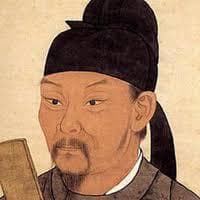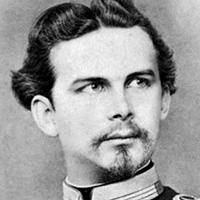Du Fu (Tu Fu) type de personnalité MBTI
Personnalité
"Quel type de personnalité est Du Fu (Tu Fu)? Du Fu (Tu Fu) est un type de personnalité INFP dans MBTI, 4w5 - so/sp - 416 dans Enneagram, RLOAI dans Big 5, EII dans Socionics."
并不认同大多数人认为的怜恤天下苍生就是fe,事实上他以自怜之心怜百姓的情感传递方式很fi
Biographie
Du Fu (Wade–Giles: Tu Fu; Chinese: 杜甫; 712–770) was a Chinese poet and politician of the Tang dynasty. Along with his elder contemporary and friend Li Bai (Li Po), he is frequently called the greatest of the Chinese poets. His greatest ambition was to serve his country as a successful civil servant, but he proved unable to make the necessary accommodations. His life, like the whole country, was devastated by the An Lushan Rebellion of 755, and his last 15 years were a time of almost constant unrest. Some of his poems are featured on the famous historical novel the Romance of the Three Kingdoms.
Personnalité correlate

Li Longji (Emperor Xuanzong of Tang)

Mukhtar al-Thaqafi

Tariq b. Ziyad

Charles Martel

Yang Guifei

Bilge Qaghan

Al Hajjaj b. Yusuf

Dihya







